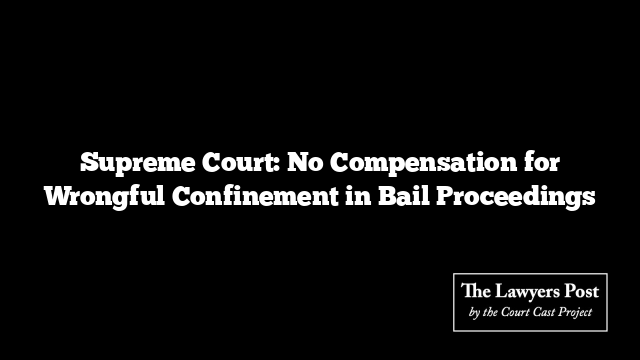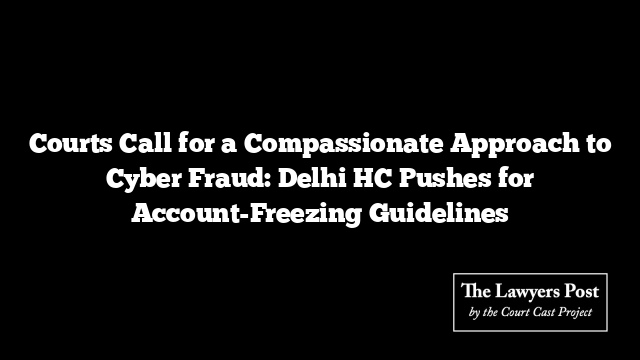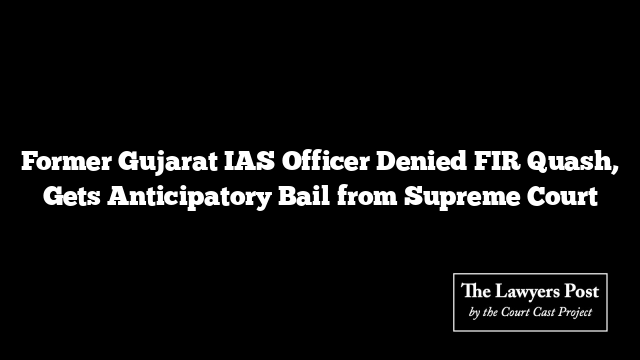In a ruling that clarifies the limits of judicial intervention in bail matters, the Supreme Court has held that courts cannot grant compensation for wrongful confinement while exercising jurisdiction under Section 439 of the Code of Criminal Procedure.
A bench comprising Justice Sanjay Karol and Justice Manmohan overturned an Allahabad High Court directive that ordered the Narcotics Control Bureau (NCB) to pay ₹5 lakh as compensation to an accused who had been held for nearly four months in a drug-related case.
The case stemmed from a January 2023 seizure in which the NCB confiscated 1,280 grams of a suspected narcotic substance. Subsequent forensic tests, however, failed to confirm the presence of any illegal drugs. Based on these results, the NCB closed the case in April 2023 and released the accused. Despite this, the High Court continued to deliberate on the earlier bail application and, in May 2024, directed the NCB to compensate the accused for his prolonged detention.
The Supreme Court ruled that this order went beyond the High Court’s jurisdiction. “The role of courts under Section 439 CrPC is strictly limited to granting or denying bail. Compensation for wrongful confinement is a matter that must be pursued through separate legal channels,” the ruling stated. The judgment emphasized that once the closure report was filed and the accused was released, the bail application had become irrelevant, making any further adjudication improper.
The Court also rejected comparisons to landmark cases like Rudal Sah v. State of Bihar, Nilabati Behera v. State of Orissa, and D.K. Basu v. State of West Bengal, where compensation was awarded for unlawful detention. It noted that those decisions were made under Article 32 of the Constitution, a jurisdiction distinct from bail proceedings.
While setting aside the High Court’s directive, the Supreme Court clarified that the accused still had the option to seek redress through appropriate legal avenues.





